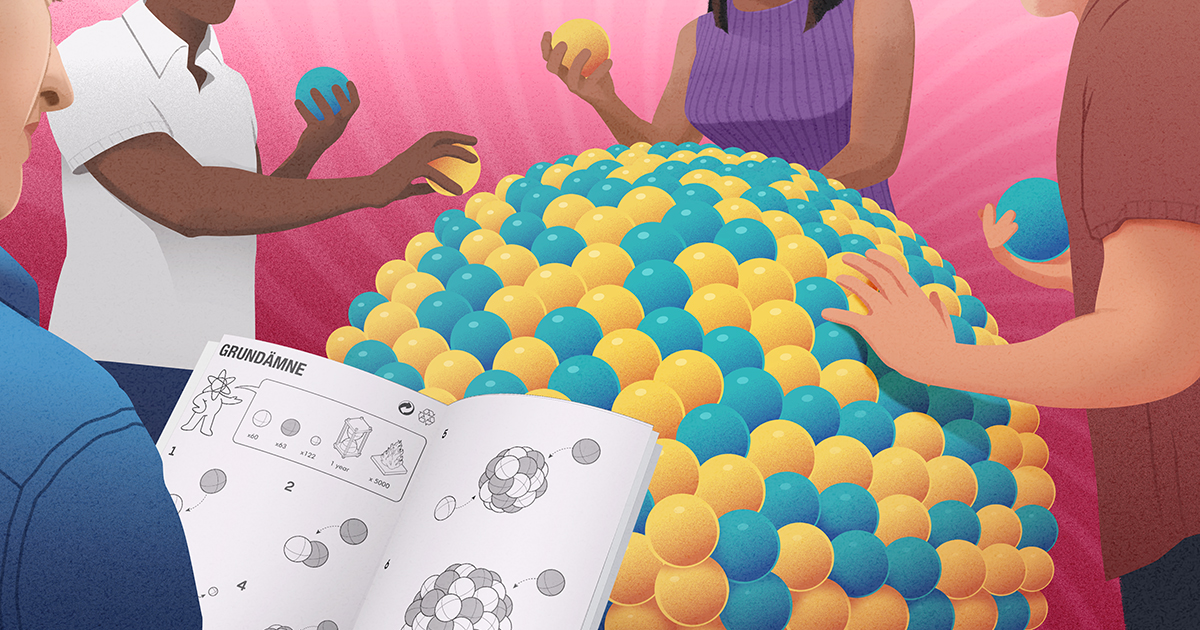Seppuku, also called hara-kiri, is an incredibly painful way to die. A ritualistic Japanese way to kill oneself in feudal times involved cutting open one’s abdomen for the purpose of disembowelment. There also is a metaphorically painful way important decisions can die, one that involves sacrificing national interests due to slow decisionmaking. It is called… Continue reading Death by Nemawashi
Can SpaceX’s New City, Starbase, Learn to Get Along with Its Neighbors?
SpaceX’s Starbase Is Officially a City. Some Neighbors Aren’t Thrilled Starbase, SpaceX’s launch site turned company town in South Texas, faces local opposition from residents outside the city limits By Paola Rosa-Aquino edited by Lee Billings SpaceX rockets stand near the end of a neighborhood street in the company’s Starbase launch complex in this photograph… Continue reading Can SpaceX’s New City, Starbase, Learn to Get Along with Its Neighbors?
Protecting Europe’s Critical Undersea Infrastructure Depends on Coordination and Collaboration
On 21 May, the Polish navy intercepted a mysterious vessel in the Baltic Sea performing suspicious manoeuvres near a power cable which connects Poland and Sweden. The vessel was part of Russia’s ‘shadow fleet,’ an ageing collection of poorly maintained oil tankers and other vessels, often with opaque ownership and improper insurance, which enable the… Continue reading Protecting Europe’s Critical Undersea Infrastructure Depends on Coordination and Collaboration
Researchers Uncover Hidden Ingredients Behind AI Creativity
We were once promised self-driving cars and robot maids. Instead, we’ve seen the rise of artificial intelligence systems that can beat us in chess, analyze huge reams of text and compose sonnets. This has been one of the great surprises of the modern era: physical tasks that are easy for humans turn out to be… Continue reading Researchers Uncover Hidden Ingredients Behind AI Creativity
The Drake Equation (Search for Extraterrestrial Intelligence, Aliens, UFOs)
The Drake Equation (Search for Extraterrestrial Intelligence, Aliens, UFOs) < !- end of Google Analytics Code Snippet by GA4WP–> // tabnab protection window.addEventListener(‘load’, function () { // make all links have rel=”noopener noreferrer” document.querySelectorAll(‘a[target=”_blank”]’).forEach(link => { link.setAttribute(‘rel’, ‘noopener noreferrer’); }); }); ]]> Podcast: Download MYS372: Is Earth alone? Jimmy Akin and Dom Bettinelli unpack the… Continue reading The Drake Equation (Search for Extraterrestrial Intelligence, Aliens, UFOs)
A Swarm at Sea: Supplying Troops with On-Demand Autonomous Watercraft
In any drawn-out military confrontation, the U.S. must support its ground forces with food, fuel, ammunition and weapons. In a conflict with China over Taiwan, however, that material will be coming from as far away as the Philippines and Japan. That means relying on the large, mostly unarmed, civilian-crewed ships, such as those operated by… Continue reading A Swarm at Sea: Supplying Troops with On-Demand Autonomous Watercraft
Physicists Start To Pin Down How Stars Forge Heavy Atoms
The shards flow through a network of pipes into a fragment separator that sorts them into isotopes of interest. These eventually end up at the SuN, a cylindrical detector 16 inches wide. With metal spokes extending out in all directions, “it kind of looks like the sun, which is fun,” said Ellie Ronning, an MSU… Continue reading Physicists Start To Pin Down How Stars Forge Heavy Atoms
The G7 Summit Missed an Opportunity for Progress on Global AI Governance
As G7 leaders convened in Alberta, Canada last week, the agenda encompassed pressing geopolitical developments in the Middle East, Ukraine, trade, and energy security. But mostly absent from discussions was the topic of governance for leading artificial intelligence models and systems, a notable omission given that the G7 previously pioneered the voluntary guidelines leading AI… Continue reading The G7 Summit Missed an Opportunity for Progress on Global AI Governance
Is Gravity Just Entropy Rising? Long-Shot Idea Gets Another Look.
Isaac Newton was never entirely happy with his law of universal gravitation. For decades after publishing it in 1687, he sought to understand how, exactly, two objects were able to pull on each other from afar. He and others came up with several mechanical models, in which gravity was not a pull, but a push.… Continue reading Is Gravity Just Entropy Rising? Long-Shot Idea Gets Another Look.
Redressing the Nuclear Imbalance in Europe
Russia has a vast lead over the United States in nuclear forces in and around Europe and exploits it with frequent nuclear bullying. An overconfident Kremlin could miscalculate or think superiority might bring strategic advantage. At its June 24–25 summit in The Hague, NATO might weigh how to lessen the imbalance. In intercontinental-range nuclear forces,… Continue reading Redressing the Nuclear Imbalance in Europe




